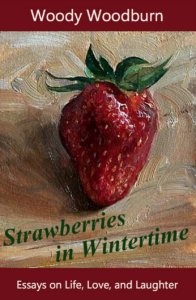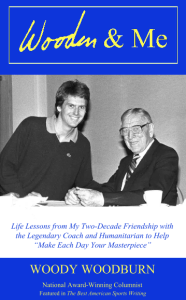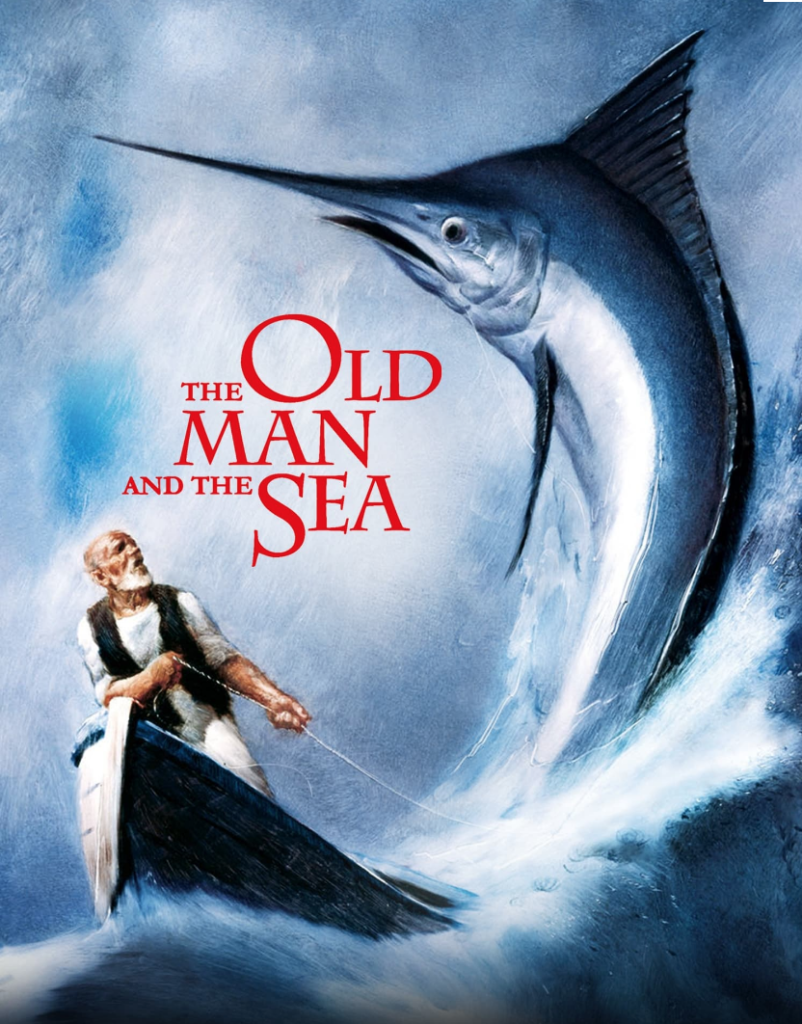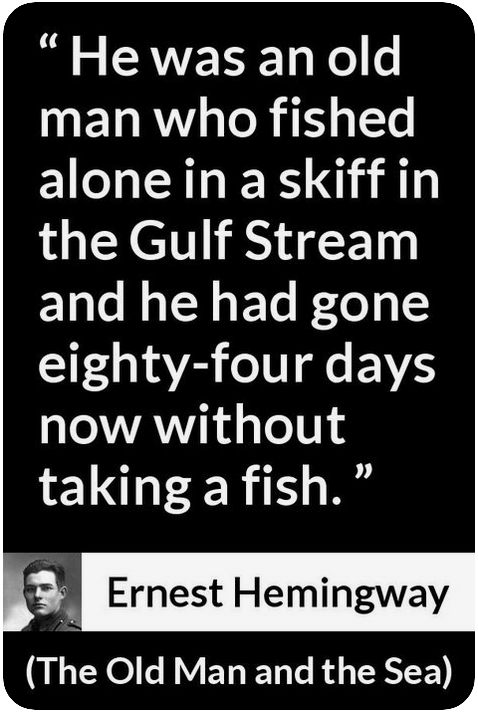Last week’s column featuring some memorable ending sentences I have “collected” while browsing bookstores brought numerous requests for a bookend prequel of opening lines that really knock me out, to paraphrase Holden Caulfield.
Speaking of Holden, J.D. Salinger’s “The Catcher in the Rye” has this all-time great introductory line: “If you really want to hear about it, the first thing you’ll probably want to know is where I was born, and what my lousy childhood was like, and how my parents were occupied and all before they had me, and all that David Copperfield kind of crap, but I don’t feel like going into it, if you want to know the truth.”
Speaking of “David Copperfield” by Charles Dickens: “Whether I shall turn out to be the hero of my own life, or whether that station will be held by anybody else, these pages must show.” Also, from his “A Christmas Carol”: “Marley was dead, to begin with.”
“The Satanic Verses” by Salman Rushdie: “ ‘To be born again,’ sang Gibreel Farishta tumbling from the heavens, ‘first you have to die.’ ”
Add death, from “One Hundred Years of Solitude” by Gabriel Garcia Marquez: “Many years later, as he faced the firing squad, Colonel Aureliano Buendía was to remember that distant afternoon when his father took him to discover ice.”
From “Charlotte’s Web” by E.B. White: “ ‘Where’s Papa going with that axe?’ said Fern to her mother as they were setting the table for breakfast.”
Short but not so sweet. “The Color Purple” by Alice Walker: “You better not never tell nobody but God.” In “Beloved” by Toni Morrison: “124 was spiteful.” And “Fahrenheit 451” by Ray Bradbury: “It was a pleasure to burn.”
Bookend numbers of note. “The Lord of the Rings” by J.R.R. Tolkien: “When Mr. Bilbo Baggins of Bag End announced that he would shortly be celebrating his eleventy-first birthday with a party of special magnificence, there was much talk and excitement in Hobbiton.” And in “1984” by George Orwell: “It was a bright cold day in April, and the clocks were striking thirteen.”
Succinct trio. “I am an invisible man,” from “Invisible Man” by Ralph Ellison. “Slaughterhouse-Five” by Kurt Vonnegut: “All this happened, more or less.” And “Catch-22” by Joseph Heller: “It was love at first sight.”
Poetically from “The Red Badge of Courage” by Stephen Crane: “The cold passed reluctantly from the earth, and the retiring fogs revealed an army stretched out on the hills, resting.”
Speaking of fog, I love this darkly vivid opener from “Fog” by Venturan author Ken McAlpine: “They ran across the sloping deck like marionettes, arms and legs akimbo, and when the waves caught the sailors their arms jerked out, snatching at the night, before they disappeared without a sound.”
Also from the ocean. “Their Eyes Were Watching God” by Zora Neale Hurston: “Ships at a distance have every man’s wish on board.” And from “The Old Man and the Sea” by Ernest Hemingway: “He was an old man who fished alone in a skiff in the Gulf Stream and he had gone eighty-four days now without taking a fish.”
“Peter Pan” by J. M. Barrie: “All children, except one, grow up.”
Lastly, the first line of the first book I remember checking out long before I grew up, “Where The Wild Things Are” by Maurice Sendak: “The night Max wore his wolf suit and made mischief of one kind and another his mother called him ‘WILD THING!’ and Max said ‘I’LL EAT YOU UP!’ so he was sent to bed without eating anything.”
* * *
Woody’s debut novel “The Butterfly Tree: An Extraordinary Saga of Seven Generations” will be published in late March.
Essay copyrights Woody Woodburn
Woody writes a weekly column for The Ventura County Star and can be contacted at WoodyWriter@gmail.com. Follow him on Twitter and Instagram at @woodywoodburn. His SIGNED books are available at www.WoodyWoodburn.com.







